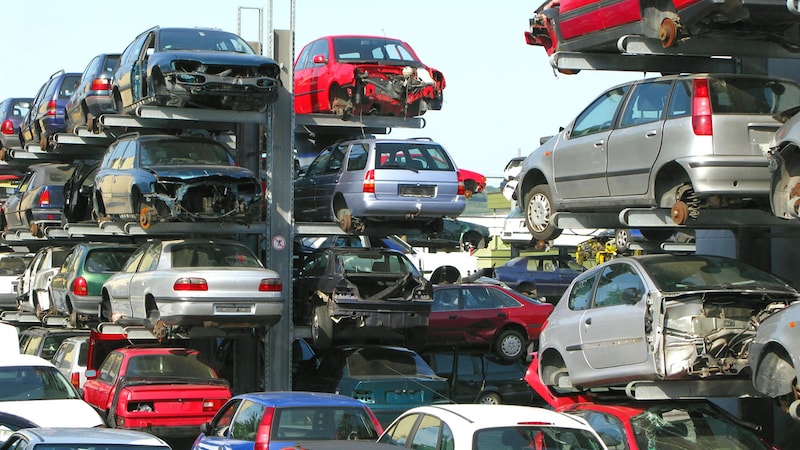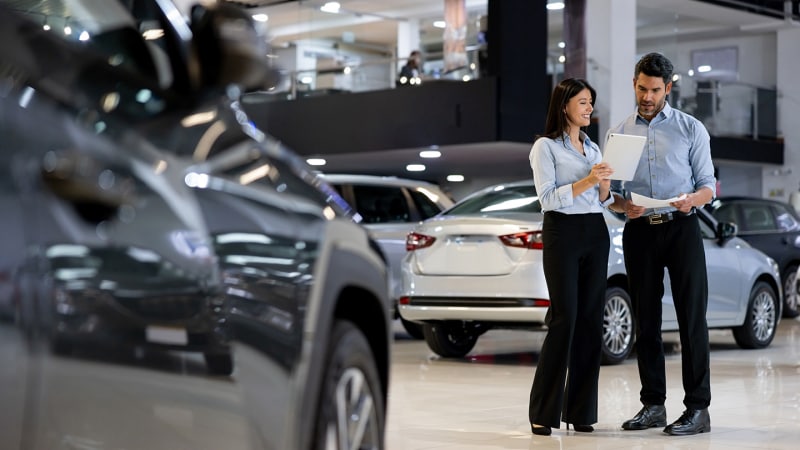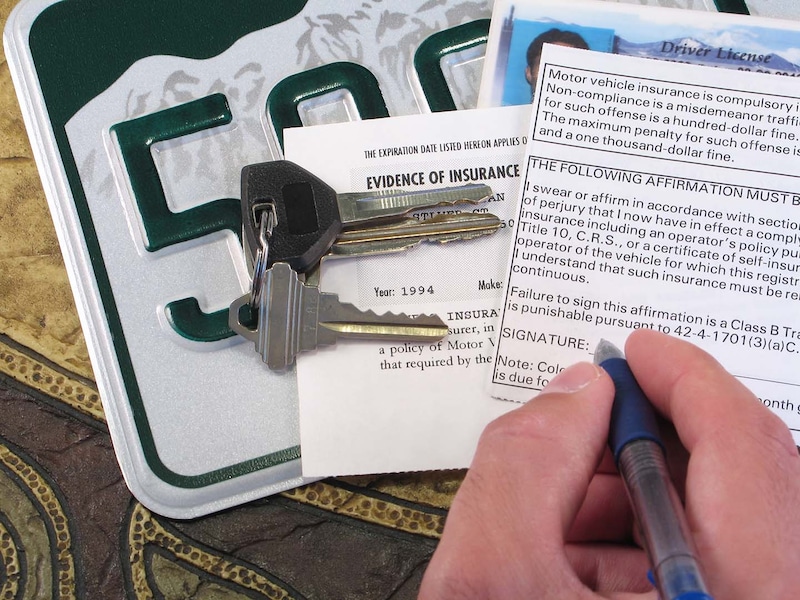What happens to unsold cars at dealerships?

Have you ever looked at the multitude of cars on a dealership lot and wondered “What happens to unsold cars?” It seems reasonable enough to assume that out of all those cars sitting there, there must be one or two that won’t be sold. So, where do unsold cars go? Do these cars get sent back to the factory? Do they go to a junkyard? The truth is that very few cars ever actually remain “unsold,” it just takes some extra work on the dealer’s part to move this inventory. Here’s what happens when new cars for sale overstay their welcome on the lot.
How cars are sold: The dealership model
Before proceeding further, it may be helpful to first understand the basics of how cars are sold in the United States. Manufacturers traditionally don’t sell cars directly to consumers, and some states even have laws specifically prohibiting such a practice.
Instead, manufacturers sell cars to authorized dealers, and it’s these dealers who make the sale to the general consumer. In other words, manufacturers get paid by dealers, and dealers get paid by you. If a car isn’t selling well, dealers can’t send it back to the manufacturer for a refund. As a result, the burden of moving any unsold inventory falls largely on the individual dealership.
Dealership motivation: Opportunity and interest
Dealerships are highly motivated to sell every car they have for a couple of reasons. Obviously, it’s always good for business to sell all your products, but dealerships are also motivated by the limited space they have on the lot. A slow seller takes up room that could have gone to a more profitable or newer car that sells faster. Thus, each car that sits unsold on the lot represents an opportunity cost that dealers wish to minimize.
Additionally, most dealers typically don’t buy the car outright from the manufacturer. Instead, they finance the vehicle in the hopes of being able to sell it to consumers with a slight markup for profit. That means the longer a car sits, the more money it costs the dealership in the form of interest on that car loan. In this way, an unsold car represents actual costs on top of the opportunity costs mentioned above.
What happens to cars that don't sell?
There are a few different ways dealers handle inventory that’s slow to sell:
Offer incentives and discounts
They say you can sell anything for the right price, and that’s the wisdom that many dealers first turn to when trying to get rid of slow-moving inventory. Dealers regularly incentivize buyers with discounts and other incentives, which are often more generous for unsold cars than they would be for more popular models. Manufacturers also work with dealers to offer special deals and rebates as well, because it’s also in their best interests for the dealer to quickly clear inventory.
Make it a loaner
Another strategy dealers can use on less popular cars is to convert them into “loaner” cars for temporary use by customers whose cars are being serviced. In this way, a new car that didn’t sell well becomes a lightly used car. The “used” status lowers the price but the light usage means the car’s still in excellent condition, making it a much more attractive proposition for potential buyers.
Trade it to another dealership
Car buying has a certain regionality to it. States with hard winters, for instance, are likely going to have a harder time selling convertibles compared to a state where it’s always warm and sunny. Authorized dealers sometimes trade inventory with one another for precisely this reason, so that slow-selling cars can end up in markets where they might be in greater demand.
Sell it at auction
Generally considered a last resort, the dealer can always try to sell the vehicle at a car auction. This can be risky, as cars typically sell for less than retail at auction. Auction houses typically charge additional fees as well, so selling at auction may result in a loss for the dealership.
In summary
When it comes to days spent sitting on the lot, time is literally money as dealers typically finance their inventory and pay interest on it until it sells. Dealers typically handle the issue of slow-moving inventory by incentivizing buyers through discounts and deals. They may also try to convert a new car into a lightly used one by making it a “loaner.” As a last resort, they may end up selling the car at auction. So, you see, asking “What happens to unsold cars?” can be a little bit misleading. Every new car sells eventually — it just depends on how much more time and effort one car takes to sell over another.



